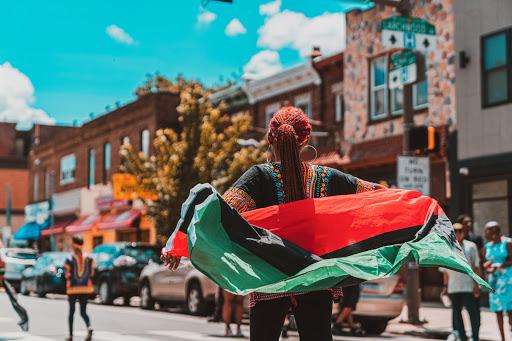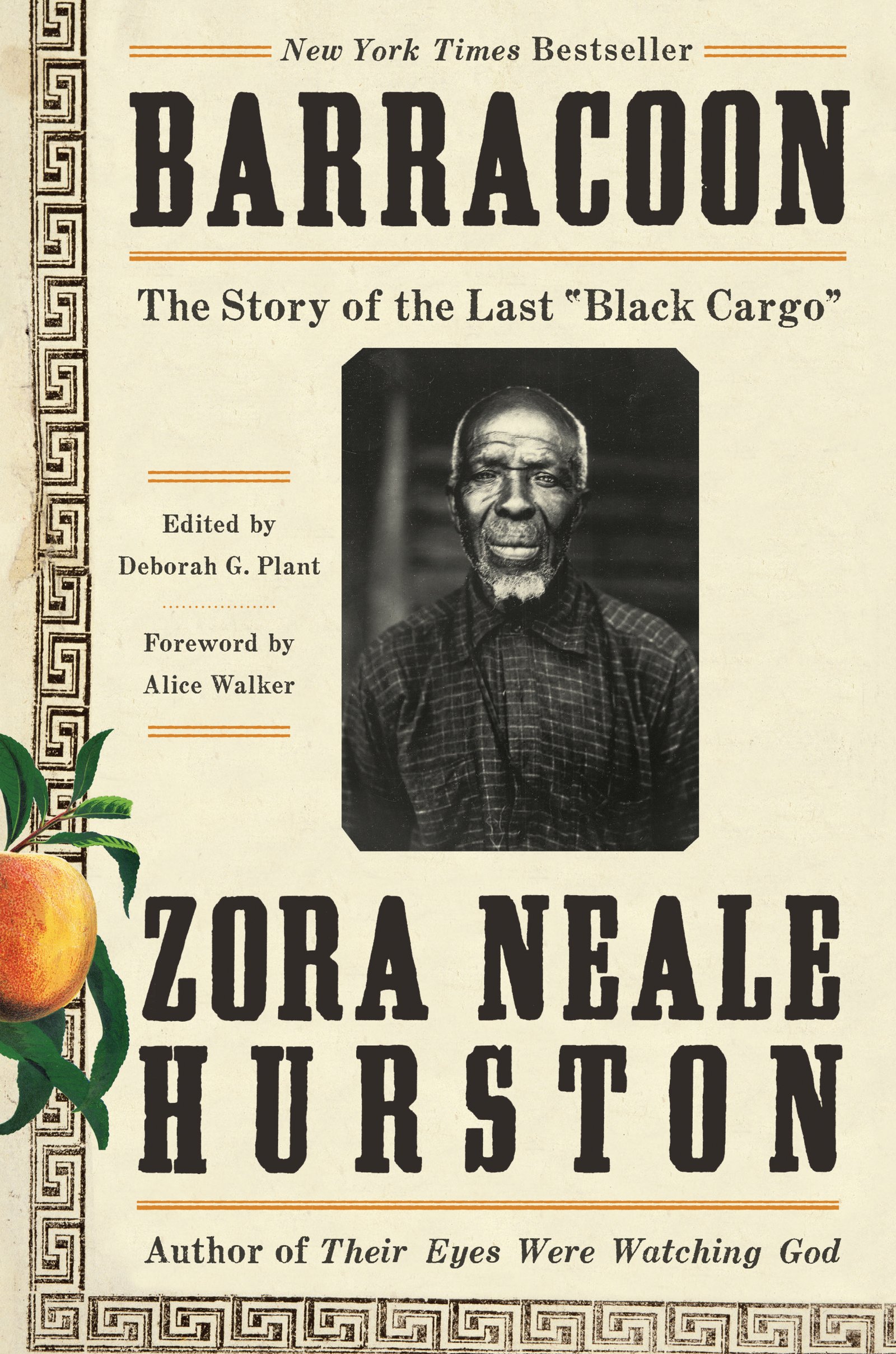June 14, 2021
The real history of Juneteenth and why we celebrate it

In 2020, Juneteenth was as much a celebration as it was an epitaph. It came weeks after nationwide protests against police brutality following the murders of George Floyd, Breonna Taylor, and Ahmaud Arbery. Since then, both the state and federal lawmakers have been pushing to make Juneteenth a recognized holiday. In fact, Texas has recognized Juneteenth as a state holiday for nearly five decades.
This year’s Juneteenth is no different than last year in that it follows major historical events. It comes shortly after the 100 year anniversary of the devastating Tulsa race massacre, and the conviction of Derek Chauvin. Because of this, it holds emblematic significance for many Black Americans across the country.
To discern why Juneteenth is such an important holiday for Black Americans is to understand the history of a day that granted over 250,000 enslaved peoples their freedom.
Right: Texas Juneteenth Day Celebration, 1900
Contested origins
 Just two months after the surrender of Robert E. Lee and the eventual conclusion of the Civil War, General Gordon Granger (pictured left) arrived in Gavelston, Texas to announce that the Emancipation Proclamation was in full effect and slavery had been abolished in the US. For decades, white Americans celebrated their independence from Britain’s colonial and economic tyranny. On June 19, 1865, Black Americans got to celebrate theirs when Granger arrived. However, he was a few years late. The Emancipation Proclamation that enlisted over 200,000 formerly enslaved Black men to fight in the Civil War had already taken effect over two and a half years prior. As recounted by Haye Turner, a former slave, in her essay:
Just two months after the surrender of Robert E. Lee and the eventual conclusion of the Civil War, General Gordon Granger (pictured left) arrived in Gavelston, Texas to announce that the Emancipation Proclamation was in full effect and slavery had been abolished in the US. For decades, white Americans celebrated their independence from Britain’s colonial and economic tyranny. On June 19, 1865, Black Americans got to celebrate theirs when Granger arrived. However, he was a few years late. The Emancipation Proclamation that enlisted over 200,000 formerly enslaved Black men to fight in the Civil War had already taken effect over two and a half years prior. As recounted by Haye Turner, a former slave, in her essay:
“…the 19th of June wasn’t the exact day the Negro was freed. But that’s the day they told them that they was free… And my daddy told me that they whooped and hollered and bored holes in trees with augers and stopped it up with [gun] powder and light and that would be their blast for the celebration.”
But while the 13th amendment had been in full effect long before, Juneteenth was the first time that someone actually told the slaves that they were free. Slave masters, especially those who dwelled in the western border of the Confederate states, simply chose not to tell their slaves they were free. Such was the case with the Waterford Plantation in St. Charles Parish, Louisiana where the enslaved worked well into the 1960s. Or with Cudjoe Lewis the last living survivor of the middle passage who worked years after the abolishment of slavery because he was technically not a citizen, having been kidnapped from West Africa decades after chattel slavery had been outlawed. But these stories were rarely told during the Reconstruction era that followed the Civil War.
Slavery as another form of “history”
From the 1870s to the 1920s, publications like Harper’s Bazaar published stories of slavery as if they were merely microcosms of white ingenuity. The violent middle passage had somehow transformed into an adventure story. Stories like Wilburn Hall’s “The Capture of the Slave Ship Cora: The Last Slaver Taken by the United States” framed slave ship accounts as a coming of age story for white men and completely ignored the accounts of the people who were torn from their homelands and forced into slavery in the United States.
 The commodification of enslavement was almost completely analogous to the erasure of Black narratives as a whole. Zora Neale Hurston reiterates this frustration in Barracoon: The Story of Last “Black Cargo”:
The commodification of enslavement was almost completely analogous to the erasure of Black narratives as a whole. Zora Neale Hurston reiterates this frustration in Barracoon: The Story of Last “Black Cargo”:
“All these words from the seller, but not one word from the sold. The Kings and Captains whose words moved ships. But not one word from the cargo. The thoughts of the ‘black ivory’ and ‘the coin of Africa’ had no market value.”
Juneteenth (reconstruction-today)
Not only was the official date of emancipation celebrations contested, but so too was the celebration itself controversial. Many Black Americans in the country including the Episcopal priest Alexander Crummel were recalcitrant to having a day to celebrate the freeing of enslaved people at all. It seemed to Alexander and others like him that the country was dwelling on its past and not moving forward.
While some debated the importance of the date, the recently freed people of Texas continued to celebrate the holiday, taking it across state lines. Despite its mass migration to states such as Washington and California, the celebration of Juneteenth was highly repressed by lynching, white-washed textbooks, and oppressive Jim Crow laws.
Had it not been for the Civil Rights movement, the holiday may have evanesced—at least outside of Texas. After Martin Luther King’s assassination in 1968, the Poor People’s March (which emphasized class inequalities) was stopped just before June 19, 1968, nearly a century later. Not only did it revitalize a holiday that had been oppressed for years, but it showed the strong connection between Juneteenth and racial justice: a legacy that still continues to this day.
Sources:
Abolition of slavery announced in Texas on “Juneteenth,” History
All but four US states celebrate Juneteenth as a holiday, CNN
Black People in the US Were Enslaved Well into the 1960s, VICE
Hurston, Zora Neale, and Deborah G. Plant. Barracoon: The Story of the Last “Black Cargo.” First HarperLuxe edition. New York, NY: HarperLuxe, an imprint of HarperCollinsPublishers, 2018. Print.
One of the Last Slave Ship Survivors Describes His Ordeal in a 1930s Interview, History
The story from 1931 we still need to hear on Juneteenth, CNN
What Is Juneteenth?, PBS















